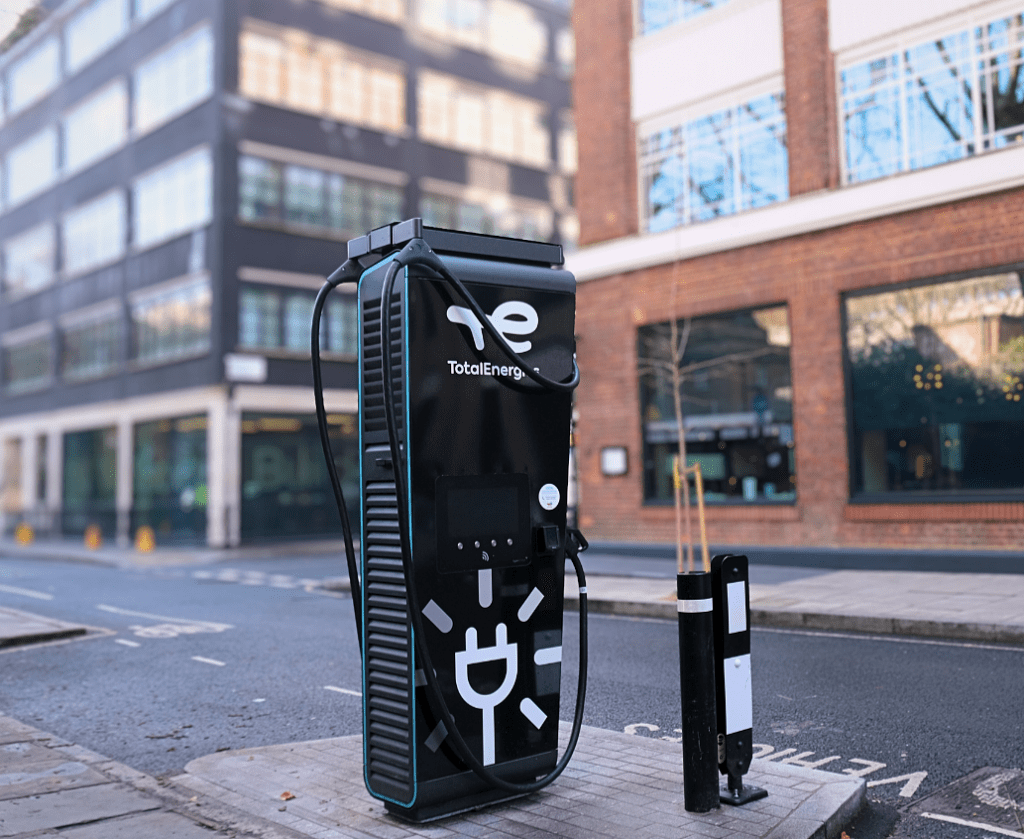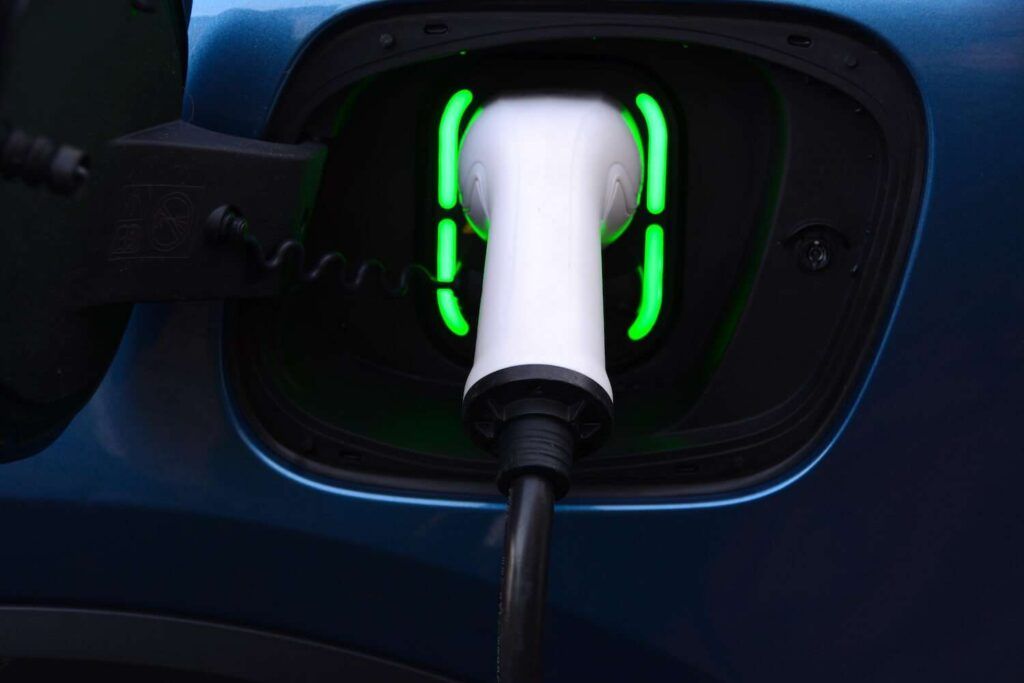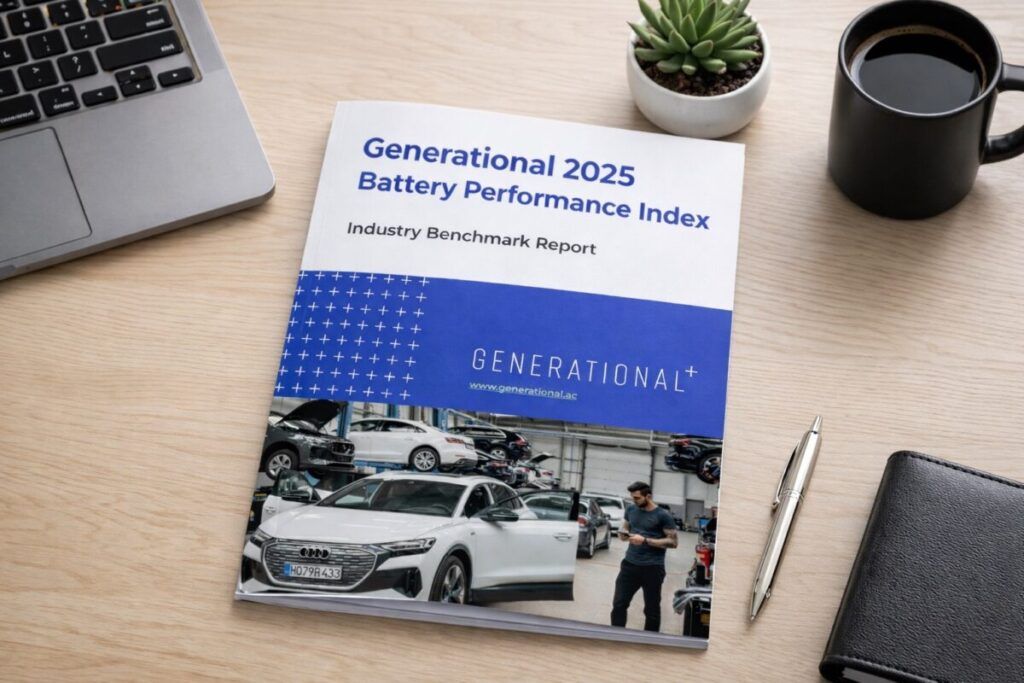Professionals from the clean transport and energy sectors have given their reaction to Labour’s 2024 general election manifesto.
A number of policies have been included in the manifesto, including a pledge to reinstate the petrol and diesel ban to 2030. It would also work to support the transition to electric vehicles by accelerating the rollout of new chargepoints.
In terms of clean energy, the manifesto set out plans to double onshore wind, triple solar power, and quadruple offshore wind by 2030. In addition, it planned to invest in carbon capture and storage, hydrogen and marine energy. A new Energy Independence Act would “establish the framework for Labour’s energy and climate policies”, it said.
As previously announced by the party, it would also set out the publicly owned Great British Energy to deliver clean power by co-investing in leading technologies, supporting capital-intensive projects; and deploying local energy production. It described the latter as “an essential part of the energy mix and reduces pressures on the transmission grid”.
It also said it would deploy more distributed production capacity through its Local Power Plan, partnering with energy companies, local authorities, and co-operatives to install thousands of clean power projects. In addition a “British Jobs Bonus” would “reward” clean energy developers through the allocation of £500 million per year from 2026.
Dr Nina Skorupska CBE, CEO of the REA (Association for Renewable Energy and Clean Technology), said it was “pleased” to see Labour committing to policies to “champion the renewable and clean technology sectors”.
She said:
“From CCUS to green hydrogen, to supporting a circular economy, tripling solar power, and backing electric vehicles, this manifesto includes a number of REA objectives. It is good to see an explicit recognition of the need to speed up grid issues.
“Delving deeper, the REA will be seeking clarification on the steps for regulatory reform, including the establishment of a Regulatory Innovation Office, to understand how they will accelerate decision making, and help align the energy and environmental landscape that we desperately need for the future.”
Robin Heap, CEO of charging firm Zest said that he welcomed the support on EV infrastructure development and was “encouraged” by its commitment to planning reform.
He said:
“To support a more rapid transition to electric vehicles, abundant EV charging must be available where everyone can use it – in the heart of every community. We can’t just leave it to local authorities, and currently private investment in community charging is being held back by a planning framework designed for a different age.”
Tara Foley, CEO of AXA UK&I, said it had “long been calling” for standardised battery health certificates to drive affordability of second-hand EVs, and was pleased to see a commitment in the Labour manifesto.
She said:
“Currently there is no method for fairly pricing second and third-hand EVs and no clear benchmark for customers, so we are pleased to see this commitment in Labour’s manifesto. We hope any future Government will make this a priority and we would look to work with them on this key proposal.”
Jakob Pfaudler, AA CEO, said it was “vital” to reintroduce the 2030 zero emissions deadline on vehicles, and that this was accompanied by the acceleration of charging points and investment in new gigafactories.
He said that The AA was pleased that this election has “put motorists in the driving seat”.
Max Sugarman, Chief Executive of Intelligent Transport Systems UK (ITS UK) highlighted that it was good to see Labour committing to provide Mayors with more powers for integrated local transport systems, as well as road safety, infrastructure and research and development.
In terms of the heavy good vehicle and logistics sector, Kevin Green, Policy Director at business group Logistics UK said it was “right to commit” to upgrading the grid to support electrification of the transport industry but “it is vital that net zero, infrastructure and fiscal plans are fully aligned”.
He said:
“If the end of sale date for new internal combustion engine vans is put back to 2030, this must be matched by a substantial increase in public and depot charging, and incentives for businesses so they can afford the investment. The proposed 10-year infrastructure strategy also recognises the need for a long-term focus. However, we would press for an even longer timeframe with 30-year infrastructure strategies that are implemented and held to account through five-year delivery plans.”
But chair of the APF, Paul Hollick, said that “more detail” was needed although the “key ideas” were “fine in principle”.
He said:
“The 2030 EV production deadline is now of limited importance compared to the ZEV mandate, which is really the main control mechanism affecting EV sales in the UK. It would be useful to know whether Labour intends to keep the same rate of adoption as currently stipulated. Certainly, there are many people in the wider motor industry, if not perhaps fleet, who would like to see it slowed given current retail EV sales.
“Accelerating the rollout of EV charge points would be welcome. There is no news in the manifesto document on how this would be done or what kind of targets would be adopted.”
Image from Shutterstock












